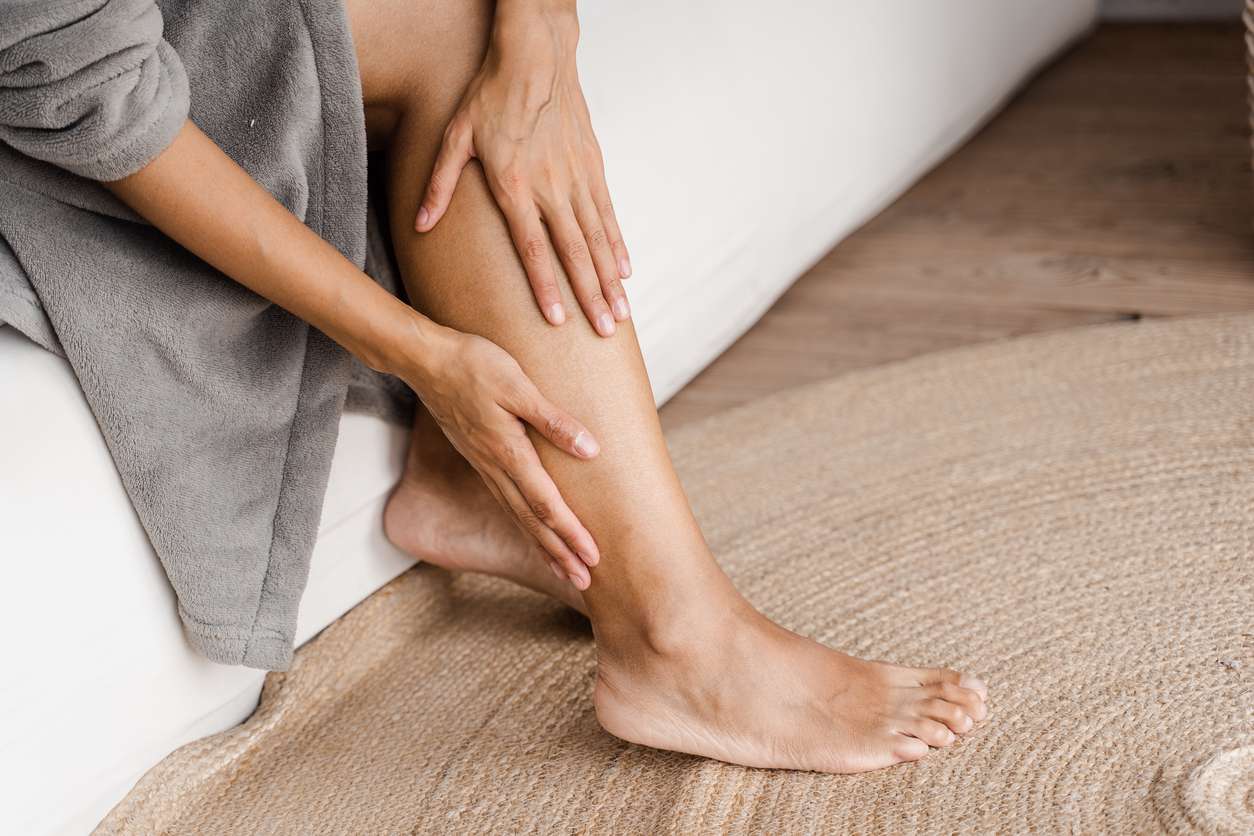HOUSTON — In the realm of health care, vein health often receives less attention, compared to other medical concerns. Yet, for millions worldwide dealing with vein-related issues, the impact can be significant. From varicose veins to chronic venous insufficiency, these conditions can lead to discomfort and limitations in daily life. However, within these challenges lies an opportunity for empowerment.
Education as the Cornerstone: Empowering patients begins with education. Understanding the risk factors, symptoms, and available treatments arms individuals with the knowledge needed to make informed decisions about their care. From the benefits of regular exercise to the importance of wearing compression stockings, education lays the foundation for proactive vein health management.
Advocating for Self-Care: Empowerment extends beyond knowledge to action. Encouraging patients to adopt self-care measures, such as maintaining a healthy weight and avoiding prolonged sitting or standing, empowers them to take control of their vein health. By implementing habits that promote circulation and reduce strain on the veins, patients can alleviate symptoms and reduce further progression.
Collaborative Decision-Making: Effective healthcare is a partnership. Empowering patients involves fostering a collaborative relationship between patients and healthcare providers. By engaging in open discussions about treatment options and preferences, patients can actively participate in crafting their care plans, leading to more personalized and effective interventions.
Embracing Holistic Wellness: Vein health is intertwined with overall well-being. Empowerment encompasses not only addressing physical symptoms but also prioritizing mental, emotional, and social health. Encouraging patients to embrace holistic wellness practices, such as stress management and social support, fosters resilience and enhances overall quality of life.
Advocating for Accessibility and Equity: True empowerment requires addressing systemic barriers to healthcare access. Advocating for policies that ensure affordable, inclusive, and culturally competent care empowers patients from all backgrounds to prioritize their vein health and seek timely interventions.
In conclusion, empowering patients to take control of their vein health and well-being is a multifaceted endeavor. By providing education, fostering collaboration, promoting self-care, embracing holistic wellness, and advocating for accessibility, individuals can navigate the complexities of vein-related conditions with confidence and resilience. Through empowerment, we can strive towards healthier, happier, and more equitable communities.
By: Dr. Tonie Reincke of Reincke Vein Center, Contributing Writer







